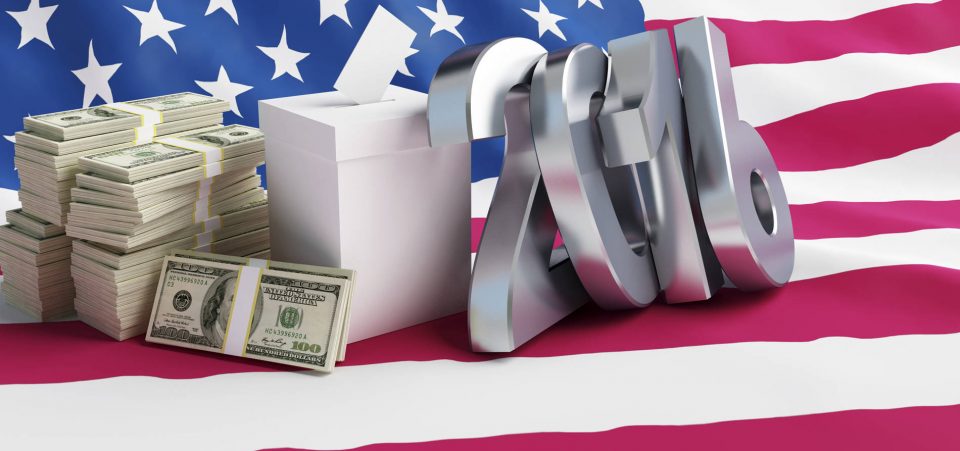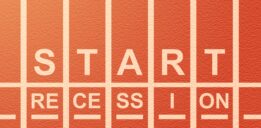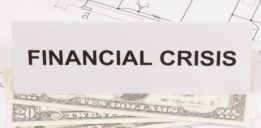December Rate Hike Odds Hit 75%
The odds of a Federal Reserve rate hike are jumping as Donald Trump stumbles in the polls, say Goldman Sachs analysts. Several economists at the investment bank now believe the Fed would be unlikely to raise interest rates if the GOP presidential candidate were to make it to the White House.
And they have the data to back it up. (Source: “Goldman sees rate hike odds rise as Trump slides in polls,” CNBC, October 11, 2016.)
Despite a relatively strong performance in the second presidential debate, betting markets and statistical models all point to the likelihood of a Trump loss. His probability of winning the November 8 election has fallen to 15.4% and 16.4%, respectively.
Meanwhile the odds of a rate hike are moving in the opposite direction, hitting 10% for November and 65% for December. Combined, these numbers imply a 75% chance that investors will see rising interest rates this year. At one point earlier this year, those odds were almost at zero.
The Goldman Sachs economists believe there is direct connection between the rising likelihood of a rate hike and the 2016 election.
“This is important because market participants seem to view a Trump victory as a potential trigger for a significant tightening in financial conditions, which in turn could result in another delay for the FOMC,” they wrote.
Considering that economic growth was in sharp decline during the first six months of 2016, it was surprising to many observers that the economy grew 2.7% in the third quarter. That expansion is likely going to cement the case for a rate hike, unless markets anticipate a Trump win.
As for the lackluster September jobs report, the economists say the “continued sideways move in unemployment suggests that there is more labor market slack than most expected at the start of the year.”
In either case, core inflation is picking back up, which would also bolster the case for a rate hike. At 1.7%, it is nearing the two percent target, which the Fed has laid out specifically as guidance for future movements in the interest rate. They would negligent by not reacting to a breach of the two percent level.






